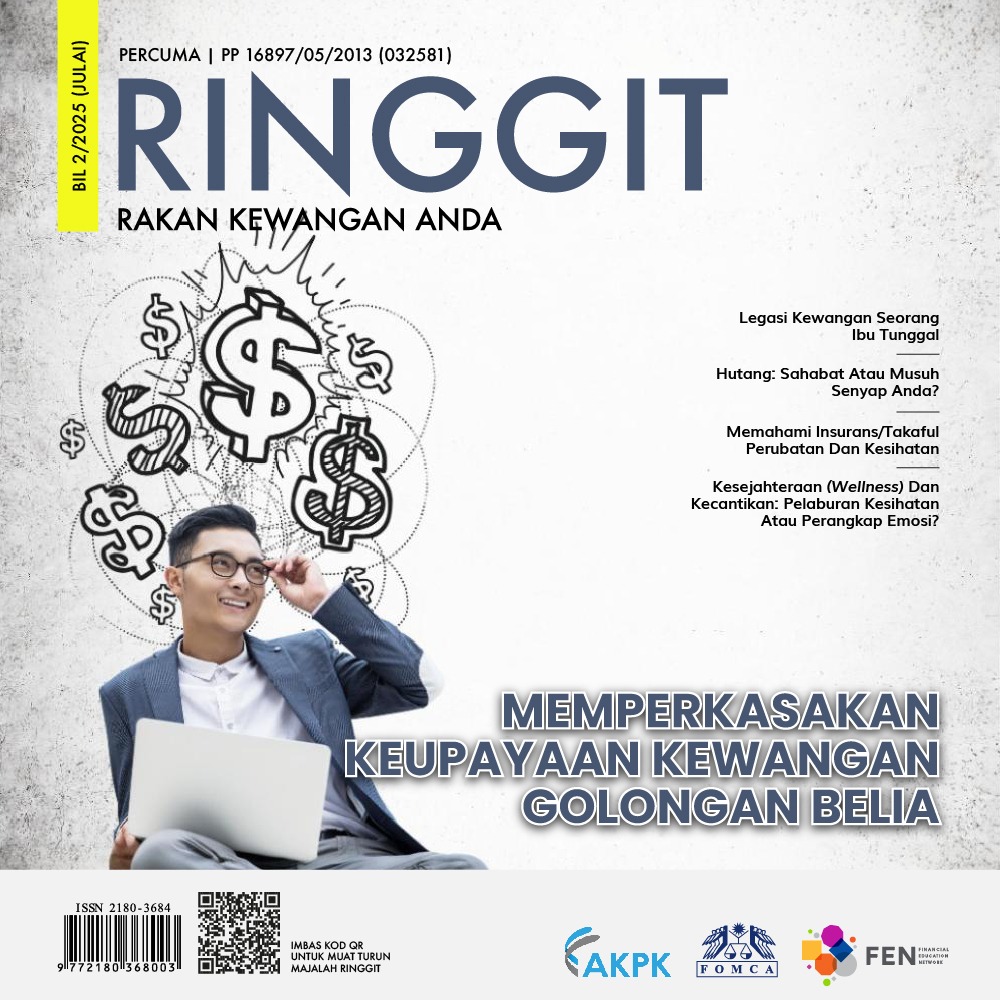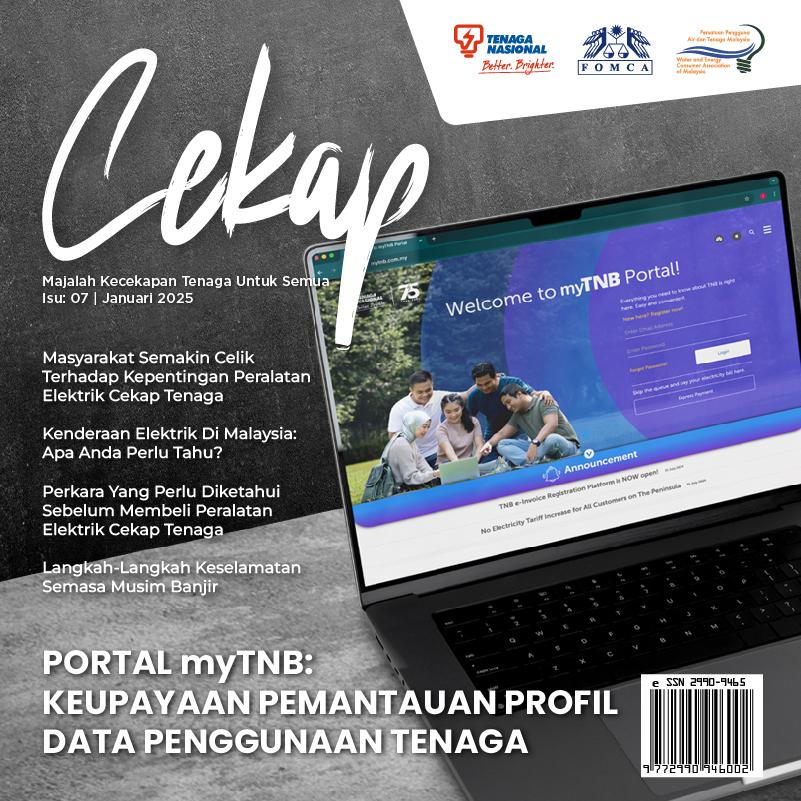PETALING JAYA: All it took was one viral Facebook post for Fiona’s (not her real name) life to turn upside down.
It started with a housemate complaining about Fiona – who is in her 20s – hoarding rubbish in her room.
The post, which revealed Fiona’s name and phone number, quickly went viral.
“I read all the comments on Facebook, forum, online news and even WhatsApp messages. Some even wrote that this would probably end with my suicide,” she said.
Fiona, who was diagnosed with extreme depression, anxiety and stress, has become a victim of cyberbullying, even developing suicidal thoughts.
She showed The Star the hundreds of WhatsApp messages harassing her and the missed calls left by strangers – many made at 2am or 3am – on her handphone. Her photos were also circulated online.
Fiona’s case is just one of many Malaysians whose lives were upended due to social media behaviour.
In the first two weeks of January alone, four Malaysians reportedly lost their jobs due to backlash on social media over allegedly offensive comments posted on the recent abdication of the King.
Three of them are under investigation for sedition after being arrested and released on bail.
Educationist Datuk N. Siva Subramaniam described the recent arrests and the sacking of a car company employee over her comments on fireman Muhammad Adib Mohd Kassim’s death as an “eye opener”.
“Something must be done (at the education level).
“What is the point of scoring A’s and distinctions but we lack citizens with good etiquette?
“These things should be part and parcel of our education system,” he said.
He is among academicians and education groups who are saying that it is high time that social media etiquette is taught to children in schools on how to behave responsibly online.
Social media analyst Assoc Prof Dr Sara Chinnasamy said Malaysians’ inconsiderate online engagement was a sign of a wider lack of media literacy.
“Malaysians are not aware of the legal and social consequences of their social media postings.
“They’re commenting based on their personal thoughts rather than thinking about the sensitivities of race and religion.
“We are still left behind in arguing matters in a healthy and constructive manner,” said the Universiti Teknologi Mara lecturer, adding that most people wanted to be a “hero” on social media.
“There is an attitude of ‘who posts first on Facebook’ which has led to people sharing or posting information without much thought,” she added.
As a result, the Malaysian social media landscape was rife with disinformation, fake news, political hatred and defamation, said Sara.
“In Taiwan, primary school students are already exposed to the media literacy syllabus,” she added.
In 2017, Time.com reported that Taiwan was rolling out a new school curriculum for children on how to identify and combat fake news while that same year in Brazil, media analysis studies have become compulsory.
Former Education Ministry deputy director-general Datuk Ahmad Tajudin Jab said media literacy was an important skill to have in the 21st century.
“Media literacy covers a wide range of areas such as the types of media and their applications and the usage of media in teaching and learning.
“It can be expanded to other aspects such as not misusing media (platforms), which will have bad repercussions and impact on people and the country.”
Ahmad Tajudin said it did not have to be a subject on its own, adding that it could just as well be taught as part of the civics components in subjects like Moral Studies.
Malaysians Against Rape, Assault and Snatch Theft founder Dave Avran said social media etiquette should be taught as a subject in schools and colleges to ensure that the younger generation used the online platform responsibly.
“As Malaysians, we are brought up to respect our elders and honour local traditions and laws.
“This includes being respectful to our royalty,” he said.
In today’s digital age, employees, he reminded, were seen as brand ambassadors of companies.
“Brands are held more accountable for the behaviour of their staff. Netizens are quick to criticise companies, even calling for proof that they have indeed fired the offending employee.
“In return, companies are quick to distance themselves and claim that the remarks were made in the employee’s personal capacity,” he said.





